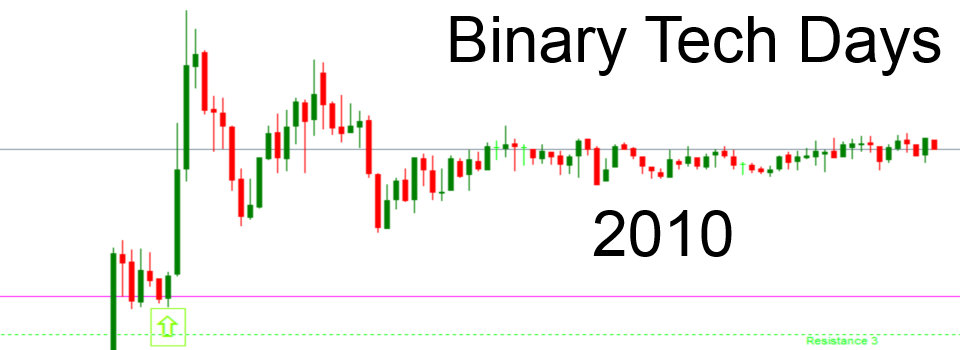Over the last few days, European stocks have been doing quite well, but that has now come to an end for the time being as the European Central Bank has had to intervene with Greek loans. Greece has had some major debt problems over the last several years, and officials from this country are currently in negotiations with the heads of the EU and IMF financial authorities. 2015 is a big year for Greece financially because of the massive amount of money that becomes due over the next few months--a total of about 9 billion euros. With talks failing for the time being, though, the three day rise in European stocks ended, although not nearly as badly as it could have. Stocks remained only slightly changed at the end of the trading day.
There is a very strong correlation between the U.S. stock market and the dollar. The correlation is a negative one, meaning that when one goes up, the other goes down. When it comes to the euro, the situation is different, mostly because the currency is used throughout many different countries and stock markets. It is centralized by the ECB, but in a much looser manner than what happens within the U.S.
Interestingly enough, there is a strong correlation between the euro and the U.S. stock market, so much so that many professional traders use the euro’s movement early in the day to help them prepare for trading stocks in the U.S. once the market’s open in New York. ...continue reading →
